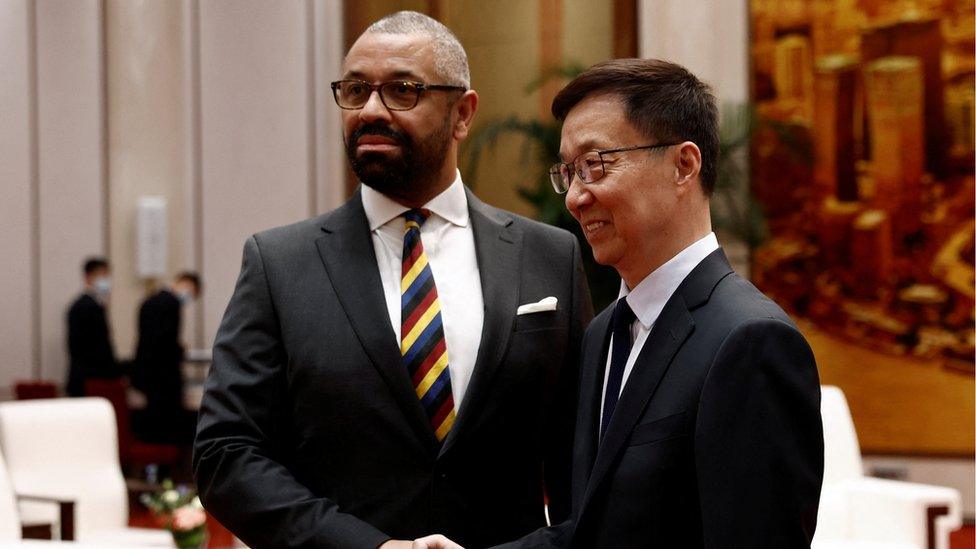Spy claim prompts call for rethink on UK's China stance
- Published
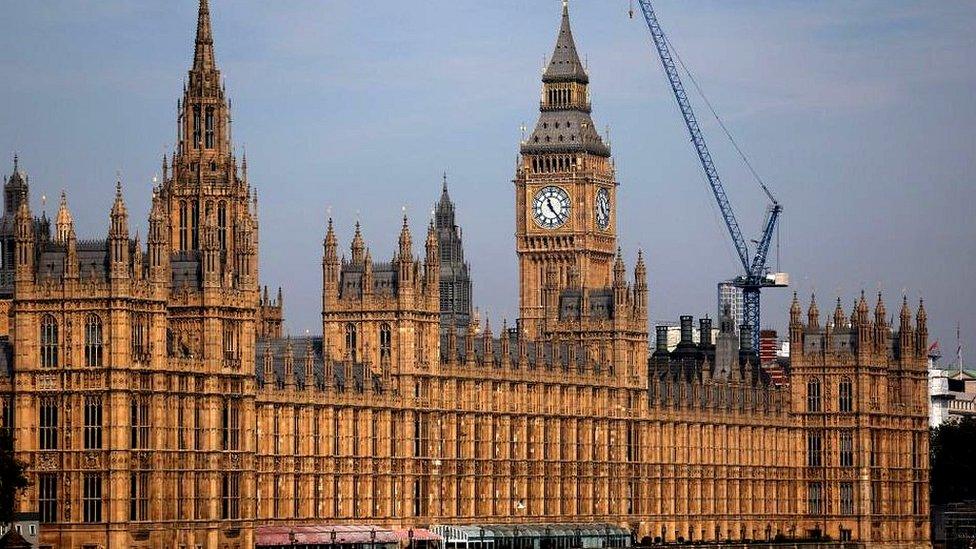
The government is facing pressure to take stronger action against Beijing, after a parliamentary researcher was arrested amid accusations he spied for China.
Senior Conservative MPs have called for China to be categorised as a threat, a move backed by some cabinet ministers.
Rishi Sunak raised concerns about interference from Beijing with China's premier while at the G20 in India.
China has rejected accusations it was spying, calling it "malicious slander".
"We urge the UK side to stop spreading fake information," Chinese foreign ministry spokesperson Mao Ning said.
Police confirmed on Saturday that two men were arrested under the Official Secrets Act in March.
The Metropolitan Police said in a statement: "A man in his 30s was arrested at an address in Oxfordshire and a man in his 20s was arrested at an address in Edinburgh.
"Searches were also carried out at both the residential properties, as well as at a third address in east London."
Sources have told the BBC one of them was a parliamentary researcher involved in international affairs issues.
As first reported in the Sunday Times, external, it is understood the researcher had links to several Conservative MPs. The BBC has approached him for a response.
Both men have been released on bail, and the Met's Counter Terrorism Command, which oversees espionage-related offences, is investigating.
The Sunday Times reported the researcher had access to security minister Tom Tugendhat and foreign affairs committee chairwoman Alicia Kearns, among others.
The arrest of the researcher has renewed a debate among Conservative MPs about whether the UK should take a stricter approach to China.
Some Tories want the government to designate Beijing as a threat - a move so far resisted by ministers.
Senior Tory backbenchers, including former leader Sir Iain Duncan Smith and MP Tim Loughton, have called for the government to act.
Mr Duncan Smith said it was "time for us to recognise the deepening threat that the CCP (Chinese Communist Party) under (President) Xi now pose".
And Mr Loughton warned about "how far the tentacles of the Chinese Communist Party (CCP) reach into British institutions".
"Yet again the security of Parliament has potentially been compromised, reinforcing how we cannot view the CCP as anything other than a hostile foreign threat."
'Escalate things'
Some cabinet ministers, such as Home Secretary Suella Braverman, are understood to support a tightening of the rules too.
However, Business Secretary Kemi Badenoch said the UK had to be "very careful with the language that we use" adding that calling China a threat would "escalate things".
She said the UK's current position - that China presents an "epoch-defining challenge" - was in line with the stance taken by British allies.
Mr Sunak said on Sunday that he had raised "very strong concerns" about any interference in British democracy with China's Premier Li Qiang.
But he also said the UK should not be "carping from the side-lines" and it was better to be in the room raising concerns.
'State of concern'
Sir Alex Younger, the former head of MI6, said China's definition of intelligence work was "far broader" than typically understood in the UK, including attempts to influence people as well as information gathering.
He told BBC Radio 4's Today programme that the UK had to "find ways of engaging" with China, including co-operation in areas such as climate change.
But he said the country should probably be designated a "state of concern" in the UK's security laws, updated earlier this year, which would bring additional reporting requirements for China-linked organisations.
"Sometimes we need to confront China. In my experience, just being nice to them doesn't get you very far," he added.
Parliament's Intelligence and Security Committee issued a long-awaited report in July, warning the government had been slow to come to terms with the security risks from Beijing.
"It appears that China has a high level of intent to interfere with the UK government, targeting officials and bodies at a range of levels to influence UK political thinking and decision-making relevant to China," the report said.
Related topics
- Published10 September 2023
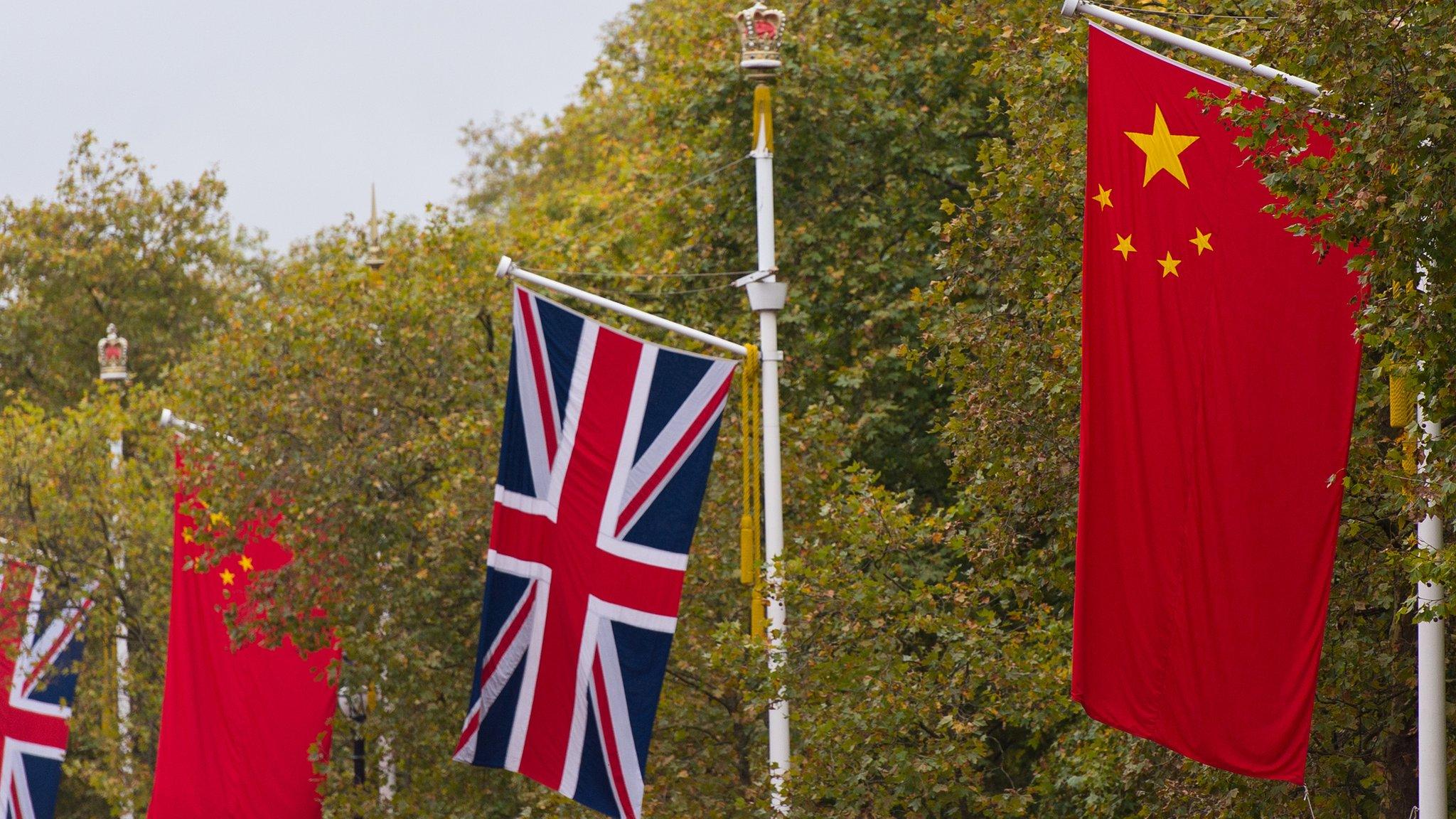
- Published10 September 2023
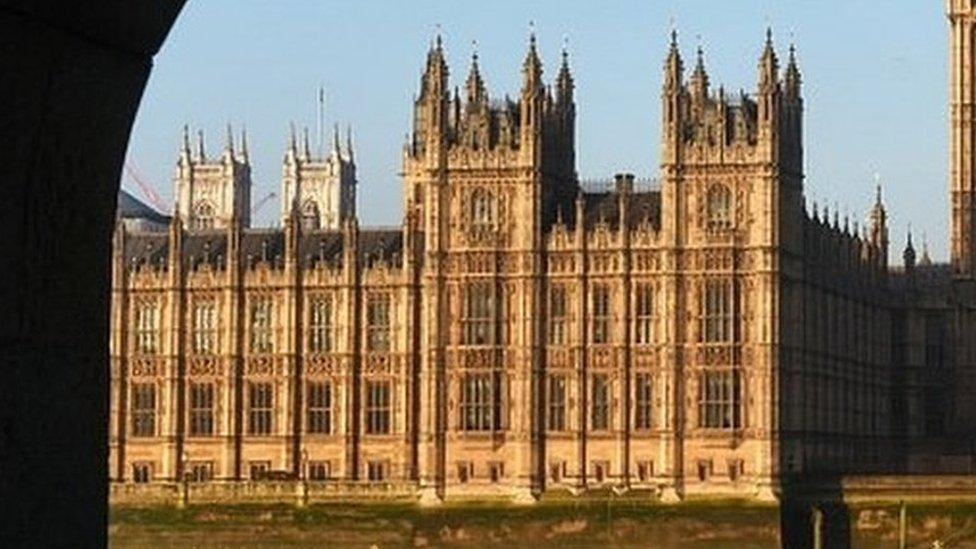
- Published13 July 2023
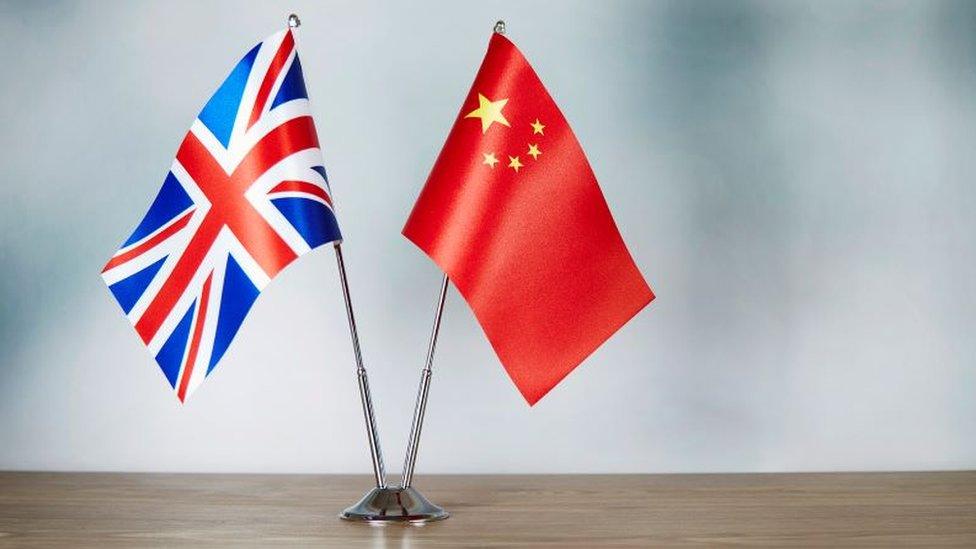
- Published30 August 2023
